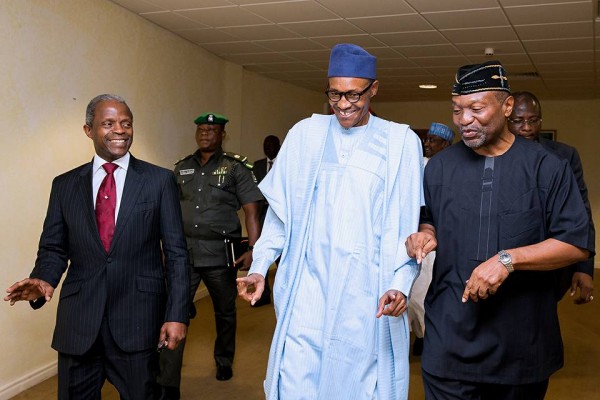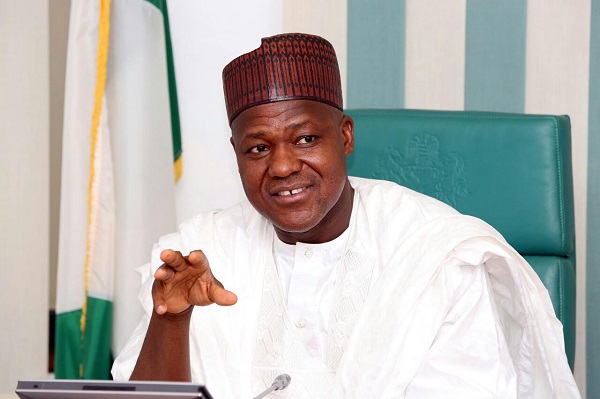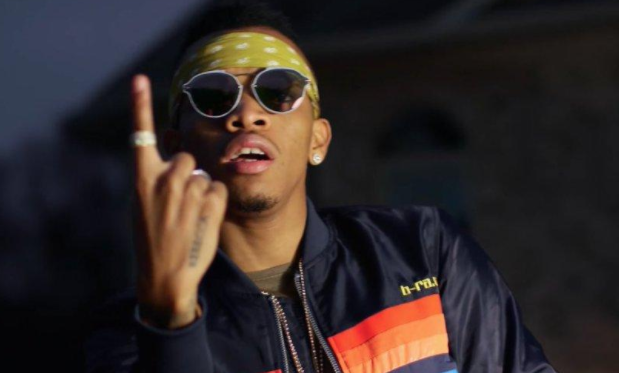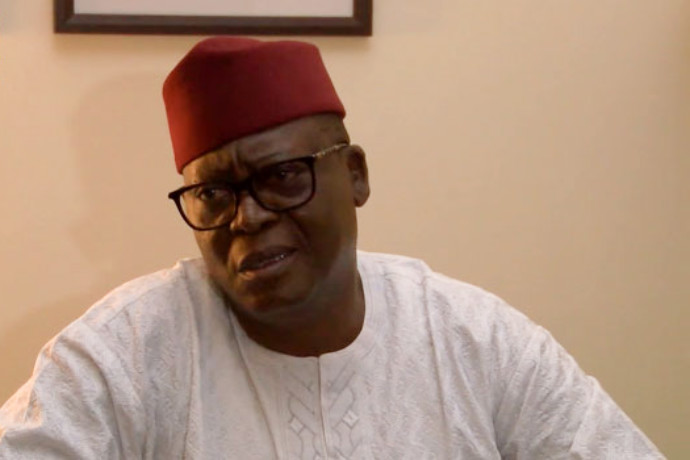Udoma Udoma, minister of budget and national planning, has released some details about the proposed budget for 2018.
The minister revealed the details during an interactive session with top government officials, civil society organisations and organised private sector (OPS) on the 2018-2020 medium term expenditure framework (MTEF) and fiscal strategy paper (FSP).
He said the early submission of the budget would give the lawmakers time to consider the fiscal document and pass it on time.
Udoma added that the executive had the plan to submit the document by the beginning of October.
Advertisement
“The MTEF outlines the federal government’s fiscal policies and our macroeconomic projections for the next three years from 2018 to 2020 and it provides the broad framework for the 2018 budget. We are committed to delivering the 2018 budget to the national assembly by the beginning of October.”
TOTAL BUDGET
According to Udoma, the federal government projects that it would spend N7.9 trillion in 2018, N500 billion higher than the N7.44 trillion appropriation. Speaking on the budget size in 2016, Kemi Adeosun, minister of finance, had said the government will spend its way out of recession.
Advertisement
“That’s just really a strategy of getting us out of recession. It’s not just to spend the stimulus from government, but to spend on capital projects. That’s our priority.”
2.3MBPD AT $45 PER BARREL
In contrast to the 2017 budget where the oil production benchmark is 2.2 million barrels per day at a benchmark price of $44.5 per barrel, the proposed 2018 budget is set at 2.3 million barrels per day at $45 per barrel of oil.
In contrast to the 2017 budget benchmark, Nigeria agreed to cap oil supply to the global market at 1.8 million barrels per day in compliance with the oil supply cut agreed on by members and non-members of the Organisation of Petroleum Exporting Countries (OPEC).
Advertisement
EXCHANGE RATE AT N305/$, INFLATION AT 12.42%
During his presentation, Udoma said the budget would also be predicated on an exchange rate of N305/$; 12.42 inflation rate; a 4.8 per cent GDP growth rate; nominal GDP of N133.97 trillion and N81.60 trillion nominal consumption.
The current exchange rate at the parallel market is N365/$ and N320.50/$. Data released by the National Bureau of Statistics (NBS) put the inflation rate at 16.10%, which showed a reduction in the rise of inflation.
Nigeria slipped into its worst recession in three decades in 2016 with inflation rate growing as high as 18%.
Advertisement
MORE BORROWING
Udoma said the fiscal deficit is expected to rise to N2.77 trillion in 2018 as against N2.35 trillion, adding that Nigerians had no need to panic about the nation’s debt burden.
Advertisement
According to the minister, there is no country in the world that does not borrow.
“We are maintaining our deficit and debts within sustainable limits. Debt financing will be restructured gradually in favour of foreign financing as part of a strategy to lower debt service burden and free up more fiscal space for the private sector.”
Advertisement
Already, the Buhari-led administration has explored the issuance of treasury bills and bonds in addition to seeking loans from international sources.
Speaking on borrowing, Kemi Adeosun had said the country would need to increase internally generated revenue as it could no longer sustain itself on foreign loans.
Advertisement
MORE REVENUE
In terms of revenue projections, Udoma said the government is targeting N5.16 trillion for 2018 as against N5.08 trillion in 2017.
Giving a breakdown, he said the government hoped to generate N2.1 trillion from oil revenue, N1.36 trillion from non-oil revenue, N29.58 billion as dividend from Nigeria Liquefied Natural Gas and N1.06 billion from minerals and mining.
Others are independent revenue from agencies of government — N847.9 billion, domestic recoveries and fines — N364 billion, other federal government recoveries — N138.43 billion and grants and donor funding — N281.6 billion.
Add a comment







